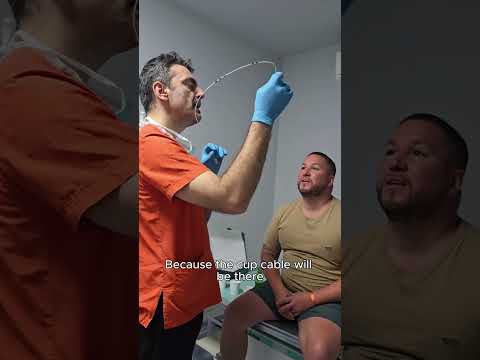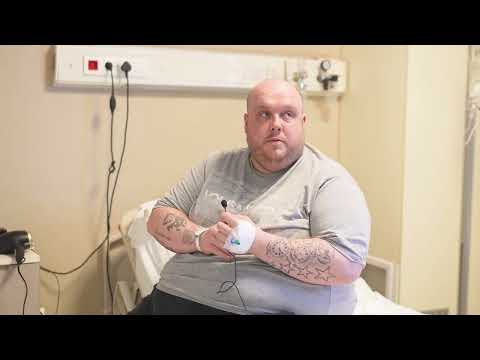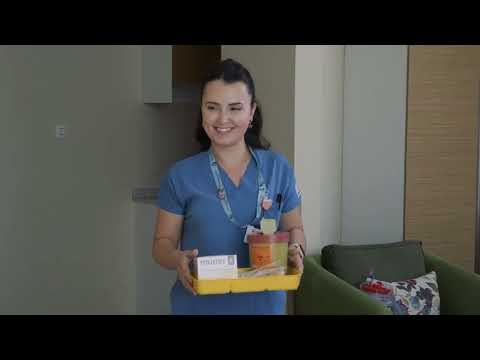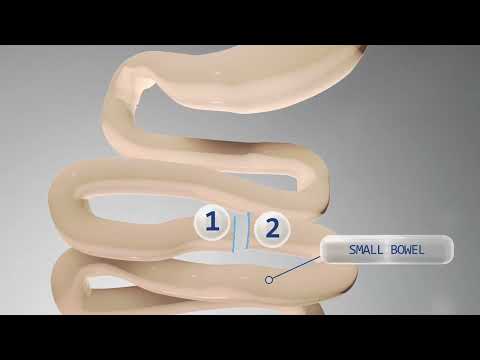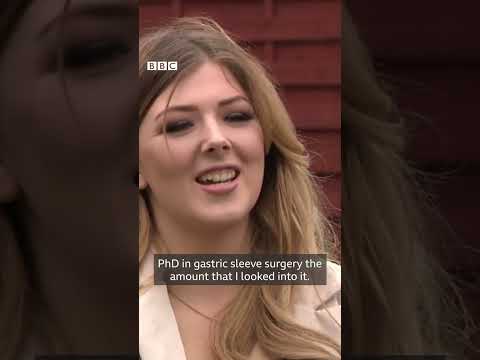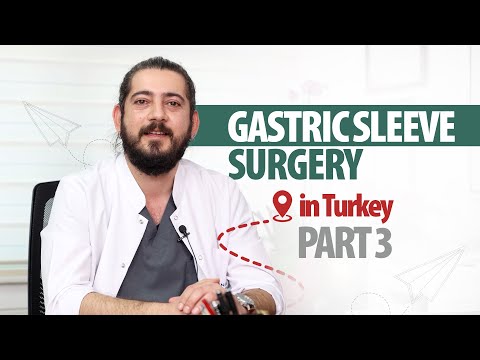Our Hospital is the best for all your medical needs
Calculate Your Cost / Price
Post-Bariatric Plastic Surgery: A Comprehensive Guide in Antalya / Turkey
Bariatric surgery, including procedures like gastric bypass, sleeve gastrectomy, and adjustable gastric banding, has become a popular and effective solution for individuals suffering from morbid obesity. These procedures are designed to aid significant weight loss by altering the digestive system to limit food intake and absorption. However, while bariatric surgery can lead to substantial weight loss and improvement in comorbid conditions like diabetes, hypertension, and sleep apnea, it often leaves behind excess skin and tissue that do not conform to the body's new shape. This is where post-bariatric plastic surgery, also known as body contouring surgery, plays a crucial role.
What is Post-Bariatric Plastic Surgery?
Post-bariatric plastic surgery refers to a variety of surgical procedures aimed at removing excess skin and reshaping the body after significant weight loss. It addresses the redundant skin and tissue that remains after the body has shed a large amount of fat, typically due to bariatric surgery or other significant weight loss efforts. This excess skin can cause discomfort, hygiene issues, and psychological distress, impacting a person’s quality of life even after achieving their weight loss goals.
Common Areas of Concern
After substantial weight loss, different parts of the body can be affected by loose, sagging skin. The most common areas addressed by post-bariatric plastic surgery include:
- Abdomen: A large amount of excess skin can form around the abdomen, commonly referred to as an "apron" or "pannus." This can lead to difficulties in mobility and hygiene, as well as cause skin irritation and infections.
- Arms: Known as "bat wings," the upper arms can develop loose skin that hangs down, which can be both a cosmetic concern and a physical inconvenience.
- Thighs: Excess skin in the thigh area can lead to chafing and discomfort during physical activities.
- Breasts: Significant weight loss can result in loss of volume and sagging of the breasts in both men and women, leading to a desire for breast lift or reduction procedures.
- Face and Neck: Facial volume loss and neck sagging are also common after massive weight loss, leading to procedures like face and neck lifts.
FQ About Gastric Balloon Clinic in Antalya / Turkey
To be eligible for bariatric surgery, you must be between 16 and 70 years of age (with some exceptions) and morbidly obese (weighing at least 100 pounds over your ideal body weight and having a BMI of 40).
Caffeine can be a stomach irritant, causing discomfort in the abdominal area which can, in turn, complicate early recovery after bariatric surgery. Caffeinated food and drinks can cause weight regain.
Endoscopic sleeve gastroplasty (ESG) is a non-surgical, minimally invasive weight-loss procedure where the stomach is reduced in size using sutures placed through an endoscope. Unlike surgical sleeve gastrectomy, ESG does not involve any incisions and has a quicker recovery time. It is recommended for individuals who want to avoid surgery but need help with significant weight loss.
Turkey has become a leading destination for gastric balloon procedures due to its combination of high-quality medical care and affordable pricing. Patients from across the world share generally positive reviews of their experiences with gastric balloon treatments in Turkish clinics. Many patients commend the professionalism of the staff, the expertise of the surgeons, and the comprehensive care packages offered by Turkish medical facilities. Additionally, Turkeys reputation for advanced healthcare technology... +More
Foods to Avoid After Bariatric Surgery TurkeyRed meat that's tough or dry.Greasy, high fat foods.Heavily seasoned or spicy foods.Sugar alcohols, such as erythritol, glycerol, mannitol, sorbitol and xylitol.Foods reheated in the microwave. In addition, avoid the ancillary foods that can be even worse than the fast-food entrée itself. Sodas, french fries, other fried sides and even salad dressings can all contain tons of fat, sugar and ultimately calories Since salads are typically made of raw fruits and... +More
One of the biggest benefits is the cost. Bariatric surgery in Istanbul, Turkey can be a fraction of the cost of having the procedure done in other countries. In the United States, many insurance companies don't fully cover bariatric surgery. Bariatric Surgery Turkey Price For more details in our article, Why do people go to Turkey for weight loss surgery in Turkey where you will find all the information about Why do people go to Turkey for weight loss surgery in Turkey please contact us. Why do people go to... +More
New Zealand patients have shared their experiences with the gastric balloon, with many reporting successful weight loss results. However, there are also accounts of discomfort during the first few days after the procedure. Reviews from New Zealand also highlight the importance of finding a skilled and experienced doctor to ensure the best possible outcome.
The cost of gastric sleeve surgery varies depending on the country and clinic. In the UK, private gastric sleeve surgery ranges from £8,000 to £12,000. The procedure is also available on the NHS for eligible patients who meet specific criteria, such as having a BMI over 40.
It is normal to see weight gain after bariatric surgery because patients still live in an obesogenic environment, and the individual's or surgery's ability to control all factors is limited. Body fat is also subject to metabolic pressures to regain lost weight Since salads are typically made of raw fruits and vegetables they can be more difficult to digest. And since you had bariatric surgery your ability to digest foods has changed and will take some time to adjust Over the first three months, patients can expect... +More
Over the first three months, patients can expect to lose about 33 percent of their excess weight. Six months post-surgery, patients can anticipate shedding half their extra weight. Guava. Guava is one of the most protein-rich fruits around. You'll get a whopping 4.2 grams of the stuff in every cup. This tropical fruit is also high in vitamin C and fiber After undergoing bariatric surgery, many patients experience some difficulties adjusting to their new lifestyle. This is to be expected. Life after bariatric... +More
Seven British patients who travelled to Turkey for weight loss surgery died after operations there, a BBC investigation into the trend has found. Others have returned home with serious health issues after having had gastric sleeve operations, during which more than 70% of the stomach is removed.
Pages
-
£ 1580£ 1450GASTRIC BALLOON PROCEDURE PACKAGE
Give a call to learn more about what’s included and to come up with a tailored plan if you need unique accommodations that are not listed below.
- Airport
- Hotel
- Hospital transfer
- The balloon is placed via endoscopy, the procedure takes 15-20 minutes and you are discharged after 2-3 hours. It is enough to stay here for 1 night.
- Blood samples & x-rays
- 5 year follow up
-
£ 2750£ 2550GASTRIC SLEEVE PACKAGE
GASTRIC SLEEVE PACKAGE COST TURKEY / ANTALYA
Give a call to learn more about what’s included and to come up with a tailored plan if you need unique accommodations that are not listed below.- Airport
- Hotel
- Hospital transfer
- 4 day stay at hospital
- Blood samples & x-rays
- 5 year follow up
-
£ 3100£ 2900MINI GASTRIC BYPASS PACKAGE
MINI GASTRIC BYPASS PACKAGE TURKEY
Give a call to learn more about what’s included and to come up with a tailored plan if you need unique accommodations that are not listed below.- Airport
- Hotel
- Hospital transfer
- 4 day stay at hospital
- Blood samples & x-rays
- 5 year follow up









